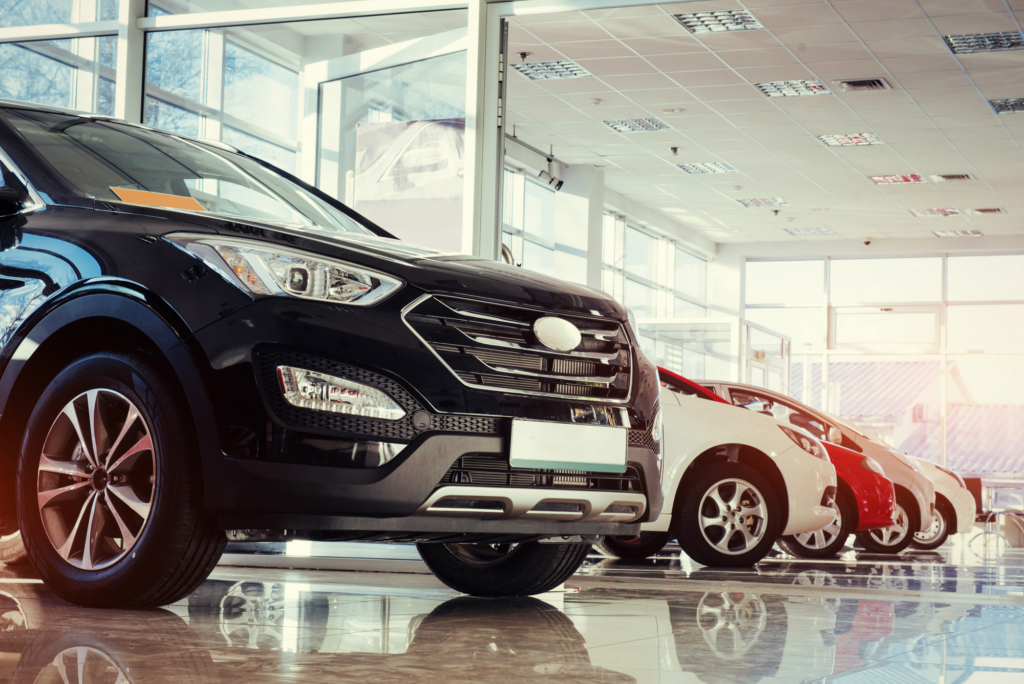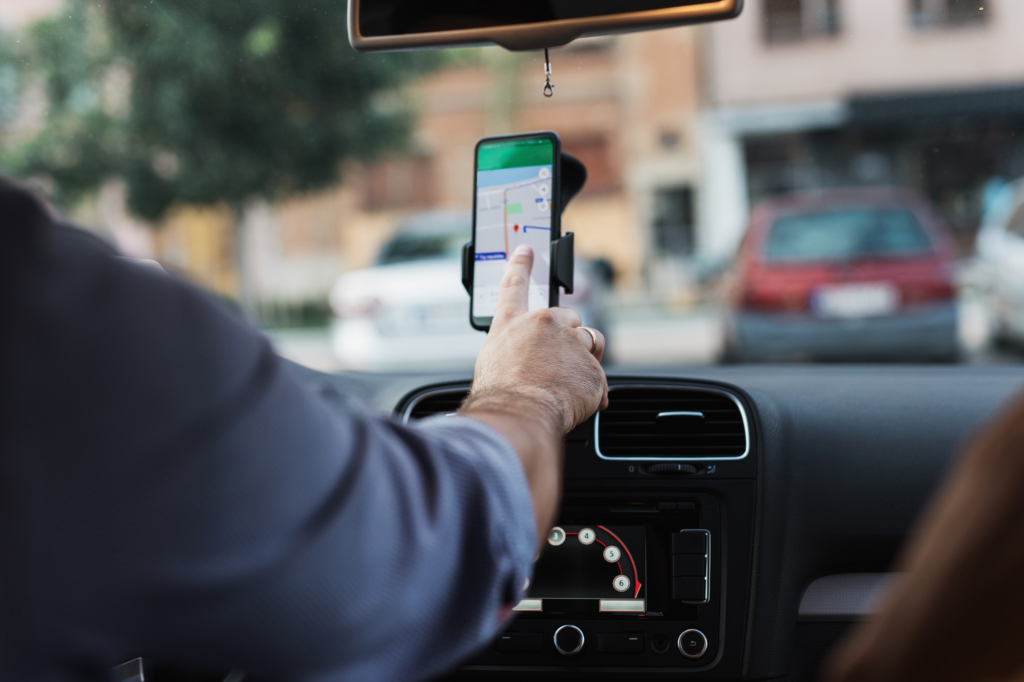
The Pros and Cons of Owning a Car
Owning a car provides convenience, freedom, and flexibility but comes with costs and responsibilities. This article examines car ownership’s key advantages and disadvantages to help you decide if it’s right for you.
Advantages of Owning a Car
Convenience
- A car allows you to travel on your schedule whenever and wherever you want. You don’t have to rely on public transportation schedules and routes.
Freedom and Flexibility
- You can take spontaneous trips and change plans at the last minute. A car allows you to explore new places off the beaten path.
Reliability
- While public transportation can experience delays and breakdowns, your car will reliably get you to your destination. You don’t have to worry about missing the last train or bus home.
Comfort and Privacy
- Driving in your car is often more comfortable than taking crowded public transport. You also have privacy and can listen to your choice of music.
Practicality and Efficiency
- A car allows you to transport large or heavy items conveniently. Driving directly to destinations is often faster than public transport.
Affordability
- In some cases, owning an economical used car can be cheaper than relying on taxis or rideshares for frequent trips.
Safety and Control
- You don’t have to walk alone or wait at public transit stops at night. You also control locking and unlocking the car.
Customization
- You can keep your car clean and customized to your preferences with your choice of music and temperature.
Pleasure and Adventure
- Driving can be fun and recreational. Road trips allow you to explore new destinations.
Disadvantages of Owning a Car

Expenses
- The costs of car payments, insurance, gas, maintenance, and repairs add up quickly. Registration, taxes, and tickets also drain funds.
Parking and Traffic
- Finding parking in cities can be difficult and expensive. Traffic congestion also leads to frustration.
Environmental Impact
- Cars contribute to air pollution, greenhouse gases, and noise pollution. Extensive infrastructure like roads and parking lots impacts the environment.
Accidents and Theft
- There’s always a risk of damage in collisions or from weather events like hail. Stolen cars may never be recovered.
Depreciation
- New cars lose value quickly as they age. You’ll never recoup the full purchase price when it’s time to sell.
Maintenance and Repairs
- Maintenance costs include oil changes and new tires to major transmission repairs. Unexpected breakdowns can be expensive.
Dependence
- Relying solely on your car means you can’t get around if it’s in the shop or you can’t drive.
Stress and Time Waste
- Commuting in congested, high-traffic areas leads to frustration, road rage and lost time sitting in traffic jams.
Liability and Loans
- You’re legally responsible for damage caused if you’re in an at-fault accident. Car loans also take years to pay off.
Distracted Driving Dangers
- Eating, texting, or adjusting the radio while driving puts everyone at risk.
Alternatives to Car Ownership

If the responsibilities and expenses of ownership seem daunting, there are alternatives to buying a car.
Public Transportation
- Buses, trains, and subways have extensive routes in metropolitan areas. Monthly passes offer savings over single fares.
Ride Sharing
- Uber and Lyft provide convenient on-demand rides without car maintenance or parking costs.
Car Rental
- For occasional trips out of town, renting a car as needed allows flexibility without ownership costs.
Car Sharing Programs
- Services like Zipcar let you rent cars by the hour without paperwork and insurance costs.
Taxis
- Though pricier than buses or subways, taxis provide direct transportation without transfers or waiting.
Walking and Biking
- Active transportation like walking and biking is an inexpensive and environmentally friendly option for shorter trips.
Moving to a Walkable Neighborhood
- Choosing a central, urban home near public transit and shops reduces reliance on a car.
Key Takeaways on Car Ownership
- Cars provide freedom and flexibility but require significant expenses and responsibilities.
- Alternatives like public transportation, rideshares, taxis, car rentals, car shares, walking, biking, and walkable neighborhoods reduce the need to own a car.
- Consider your budget, commute, lifestyle needs, access to public transportation, and parking availability before deciding to buy a car.
- Weigh the convenience and independence of ownership against the costs and liabilities.
- New cars lose value quickly – buying a reliable used car can save substantially on depreciation.
- Practice defensive driving to avoid accidents, tickets, and insurance hikes.
- Maintain your car diligently, inspect it routinely, and address repairs immediately to maximize safety and lifespan.
Owning a car is a major decision that profoundly impacts your finances, mobility, and responsibilities. Carefully assess your transportation needs and research all options before making this commitment. Weighing the pros and cons beforehand ensures you make the best choice.
Frequently Asked Questions – Advantages and Disadvantages of Car Ownership
1. What are the advantages of owning a car?
Owning a car has numerous advantages. Firstly, it provides convenience and freedom to travel from one place to another without relying on public transportation. You can go wherever you want, whenever you want. Additionally, having a personal car eliminates the inconvenience of waiting for buses or trains. It also saves you from dealing with crowded public transport during peak hours and traffic jams.
2. What are the disadvantages of owning a car?
While car ownership offers many advantages, it also has several disadvantages. One major drawback is the cost associated with owning a car. Buying a car, maintaining it, and paying for fuel, insurance, and parking space can be quite expensive. Another disadvantage is the impact of cars on the environment. Automobiles contribute to pollution and greenhouse gas emissions, leading to environmental issues.
3. Should I use public transportation instead of owning a car?
The decision to use public transportation or own a car depends on your circumstances and preferences. Public transportation can be a cost-effective and eco-friendly mode of transportation. It eliminates the financial burden of car ownership and helps reduce pollution. However, it may not provide the same convenience and flexibility as owning a car. Consider factors such as your commuting needs, availability of public transit, and your willingness to adjust to public transport schedules.
4. What are the benefits of owning an electric car?
Owning an electric car comes with several benefits. Firstly, electric cars are environmentally friendly, producing zero greenhouse gas emissions. They help reduce pollution and contribute to a cleaner and greener future. Secondly, they can save you money on fuel costs since electricity is usually cheaper than gasoline. Additionally, some regions offer incentives and tax benefits for owning an electric car, reducing the overall cost of ownership.
5. Can you highlight some advantages and disadvantages of cars?
Certainly! Here are some of the key advantages and disadvantages of cars:
- Advantages: convenience, privacy, flexibility, ability to go anywhere, comfort
- Disadvantages: cost of ownership, pollution, traffic congestion, parking challenges, maintenance expenses
Citations:
[1] https://www.thezebra.com/resources/driving/how-to-buy-a-car/
[2] https://cms3.revize.com/revize/sancarlos/Q&A%20reduced.pdf
[3] https://files.eric.ed.gov/fulltext/ED361371.pdf










1 Comment